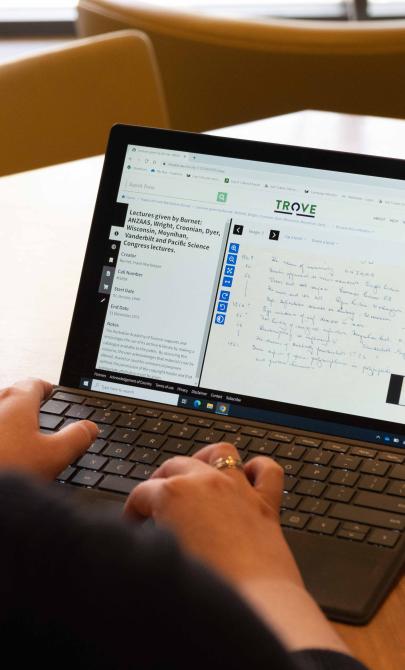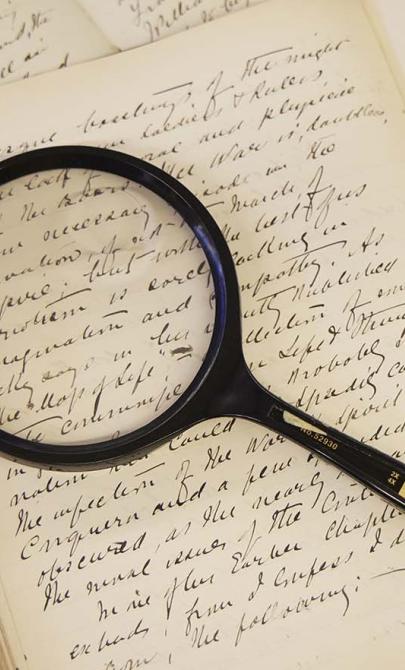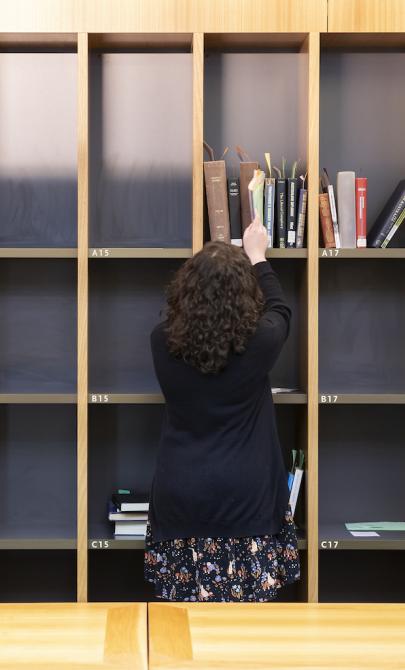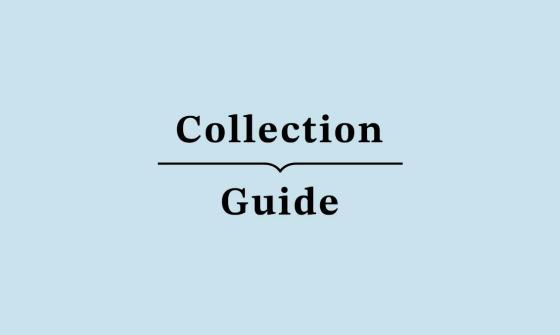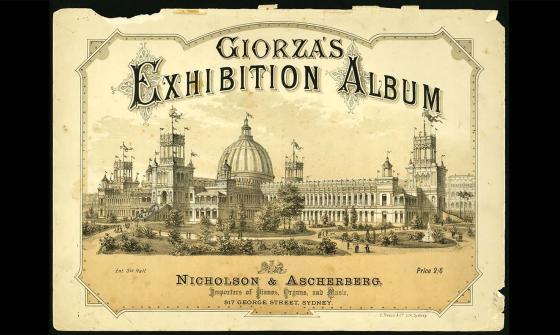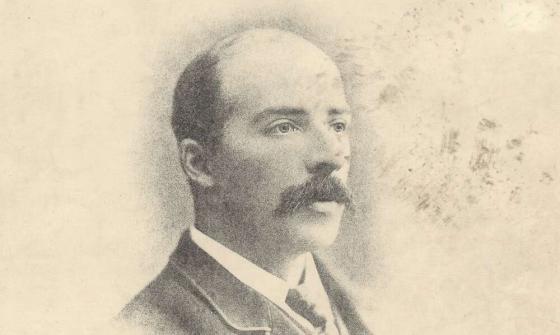Divall Collection
Key items in the collection
The Divall Collection can be divided into the following 5 groupings.
Music, mainly operatic, in printed, photostat or manuscript form, with modifications and markings by Divall
They include full scores, sets of parts and fragments. Among the composers represented are:
- Monteverdi
- Handel
- Rameau
- Bellini
- Pergolesi
- Rossini
- Offenbach
- Verdi, Bizet
- Wagner.
General opera music, in printed or photostat form, including full scores, vocal scores and sets of orchestral parts
Among the composers are:
- Monteverdi
- Pergolesi
- Mozart
- Gluck
- Rossini
- Offenbach
- Gounod
- Bizet
- Wagner
- Verdi
- Berg
- Tippett.
Australian music transcribed and edited by Divall, in manuscript, printout and photostat form.
The composers include:
- Dom Salvado
- Carl Linger
- Isaac Nathan
- Henry Marsh
- Stephen Hale Marsh
- GW Torrance
- F Ellard
- Frederick Septimus Kelly
- Ross Edwards.
General Australian music in printed or photostat form.
The composers represented include:
- Alfred Hill
- George Tibbits
- Larry Sitsky
- Peter Sculthorpe
- Richard Meale
- Barry Conyngham
- Graham Koehne
- Andrew Schultz
- Kevin Purcell.
There are also albums containing piano pieces and musical magazines and anthologies of the late 19th century and early 20th century.
This grouping consists of scores of orchestral music, programs, theses, correspondence and personal documents.
The composers include:
- Bach
- Heugel
- Weber
- Beethoven
- Frank
- Liszt
- Grieg
- Vaughan Williams
- Prokofiev
- Cowie
- Maxwell Davies.
Other material comprises a program of the 1924 Melba-Williamson opera season in Australia, correspondence between Divall and the Knights of Malta and the Order of St John, papers concerning a proposal to publish the music of Henry Handel Richardson, and curricula vitae and other personal documents.
About Richard Divall
Richard Divall (1945–2017) was a conductor, composer and musicologist who made significant contributions to opera and colonial music in Australia.
Education and training
Born in Sydney, Divall was educated at Manly Boys High School and the Sydney Conservatorium of Music. He later studied conducting overseas with renowned figures such as Sir Charles Mackerras, Wolfgang Wagner, Nikolaus Harnoncourt and Sir Reginald Goodell.
Career in music
Divall began his professional career in 1969 as a music producer with the Australian Broadcasting Commission. He went on to hold key roles in Australian opera, including:
- Music Director of Queensland Opera (1971)
- Musical Director of the Victorian State Opera (1972–95)
- Principal Resident Conductor of the Australian Opera (1996–2001)
He also had an academic career, serving as Associate Professor of Music at the University of Melbourne from 1991 and later as Senior Associate in the Centre for Australian Music Studies (2000–2005).
Contributions and legacy
Divall conducted more than 120 operas internationally. In 1984 he conducted Don Carlos, the opening opera at the Melbourne Arts Centre. He was passionate about colonial Australian music and was active in reviving and performing historical works.
His orchestrations include more than 40 colonial compositions and the complete songs of Puccini. He also edited music by several Australian composers, including:
- Isaac Nathan
- Carl Linger
- GW Marshall-Hall
- Henry Handel Richardson
- Frederick Septimus Kelly
- Fritz Hart.
Background to the collection
Divall donated his music collection under the Cultural Gifts Program in 2002.
The Divall Collection, which occupies 14 metres of shelving, is kept together within the Music collection. It has been catalogued at the collection level and, in addition, each score has a catalogue entry.
This guide was prepared using these references:
- Hannah Francis, Richard Divall, renowned conductor and composer (obituary), Sydney Morning Herald, 17 January 2017.
- Campbell Thomson, Richard Divall, conductor enriched the musical life of Australia, Sydney Morning Herald, 27 January 2017.
- Richard Divall (conductor), Bach Cantatas website
